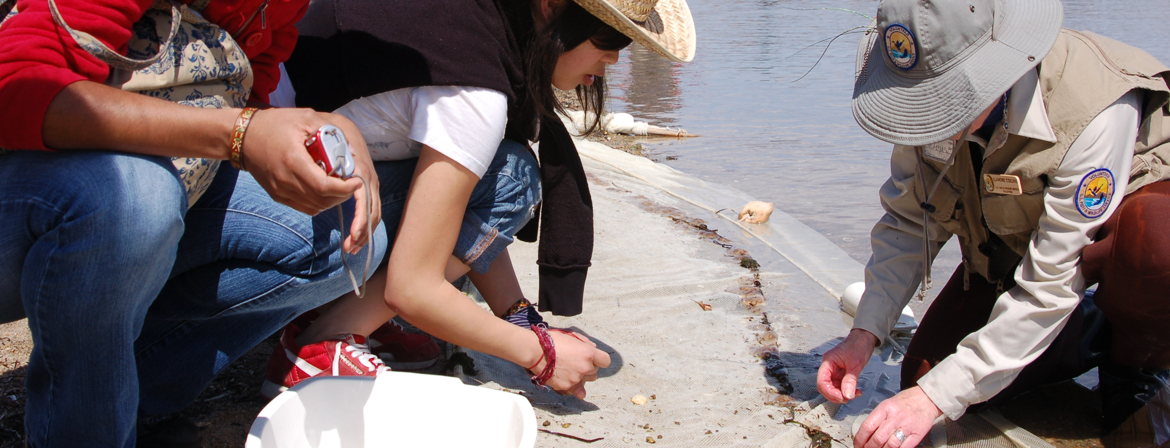A Longitudinal Study of Informational Interventions to Save Energy in an Office Building
Staats, H., van-Leeuwen, E., & Wit, A. (2000). A longitudinal study of informational interventions to save energy in an office building. Journal of Applied Behavior Analysis, 33, 1, 101-104.
Prompting a Consumer Behavior for Pollution Control
Geller, E. S., Farris, J. C. & Post, D. S. (1973). Prompting a consumer behavior for pollution control. Journal of Applied Behavior Analysis, 6, 3, 367-376.
A Student-Based Anti-Litter Program for Elementary Schools
Gendrich, J. G (1982). A student-based anti-litter program for elementary schools. Education and Treatment of Children, 5, 4, 321-335.
Litter in a University Cafeteria: Demographic Data and the Use of Prompts as an Intervention Strategy
Durdan, C. A., Reeder, G. D. & Hecht, P. R. (1985). Litter in a university cafeteria: Demographic data and the use of prompts as an intervention strategy. Environment and Behavior, 17, 3, 387-404.
The Effect of Tailored Information, Goal Setting, and Tailored Feedback on Household Energy Use, Energy-Related Behaviors, and Behavioral Antecedents
Abrahamse, W., Steg, L., Vlek, C., & Rothengatter, T. (2007). The effect of tailored information, goal setting, and tailored feedback on household energy use, energy-related behaviors, and behavioral antecedents. Journal of Environmental Psychology, 27(4), 265-276.
Influencing User Behaviour With Energy Information Display Systems for Intelligent Homes
Wood G., & Newborough M. (2007). Influencing User Behaviour with Energy Information Display Systems for Intelligent Homes. Int. J. Energy Res., 31, 56-78.
Effective Dissemination of Energy-Related Information: Applying Social Psychology and Evaluation Research
Dennis, M., Soderstrom, E.J., Koncinski, W.S., Cavanaugh, B. (1990). Effective Dissemination of Energy-Related Information: Applying Social Psychology and Evaluation Research. American Psychologist, 45(10), 1109.
A Behavioral Analysis of Peaking in Residential Electrical-Energy Consumers
Kohlenberg, R., Phillips, T., & Proctor, W. (1976). A behavioral analysis of peaking in residential electrical-energy consumers. Journal of Applied Behavior Analysis, 9(1), 13-18.
A Review of Intervention Studies Aimed at Household Energy Conservation
Abrahamse, W., Steg, L., Vlek, C., & Rothengatter, T. (2005). A review of intervention studies aimed at household energy conservation. Journal of Environmental Psychology, 25(3), 273-291.
Successfully Changing Individual Travel Behavior: Applying Community-Based Social Marketing to Travel Choice
Cooper, C. (2007). Successfully changing individual travel behavior: Applying community-based social marketing to travel choice. Transportation Research Record, (2021), pp. 88-99.



